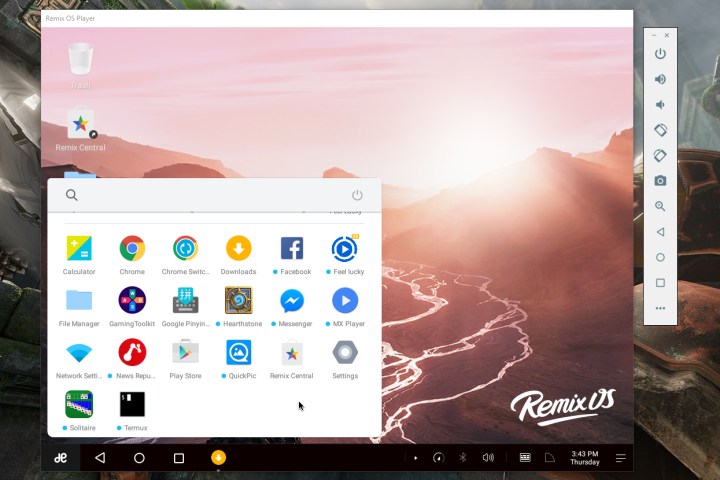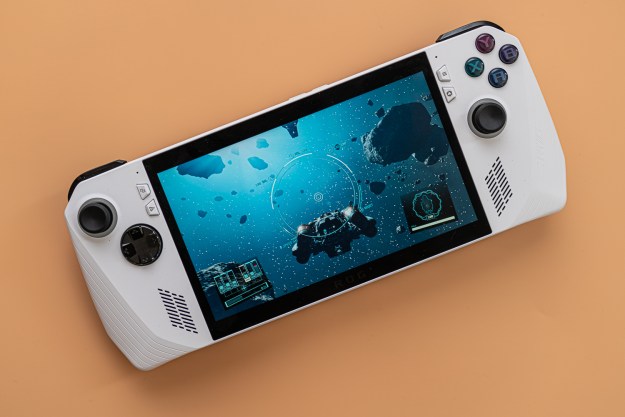
According to Jide, the company has decided to focus solely on the enterprise market. The shift began last year as Jive started receiving an increasing number of inquiries from corporations and businesses looking for tools. Jive developed solutions based on its software and hardware, and discovered there is money to be made in the enterprise sector. While unfortunate, it’s perhaps not surprising. Companies besides Jide have tried some variant of Android PC, and all similar attempts have failed to gain mainstream appeal.
“We’d like to take this moment to thank our incredible community, who’ve joined us on this journey in the last three years to helped us build Remix OS,” Jide said. “We very much believe that the future of computing is with Android and we’re excited for the role Jide will play in this amazing ecosystem.”
Founded by three former Google engineers, Jide Technology first made its appearance in 2014 with the introduction of its Remix Ultratablet in 2014. The company then produced “the world’s first true Android PC” called the Remix Mini. It was powered by a quad-core processor clocked at 1.2GHz, up to 2GB of system memory, and up to 16GB of storage. It only measured 1.0 (H) x 4.9 (L) x 3.5 (W) inches in size, and included two USB 2.0 ports and HDMI output.
Since the beginning, Jide’s mission was to create a free Android-based operating system, Remix OS, that could run on PC-based hardware (x86), enabling end users to install and run their favorite Android apps. The only catch was that Jide wouldn’t release the custom platform’s source code save for the parts that fell under the General Public License.
For PC owners who didn’t want to replace their copy of Windows, Jide also released Remix OS Player, an Android emulator for the Windows platform. After installation, users could log directly into their Google account inside the emulated environment, and play multiple games simultaneously in separate windows alongside their favorite Windows-based apps.
But Jide didn’t stop there. The developer decided to create a set-top-box for 4K TVs based on Android Nougat (aka v7). Listed as Remix IO on KickStarter, it was sold in two versions: one with a Rockchip RK3368 octa-core processor, 2GB of system memory, and 16GB of internal storage, and one “plus” version sporting a six-core Rockchip RK3399 processor (big.LITTLE), 4GB of system memory, and 32GB of internal storage.
According to the Kickstarter page, Jide raked in $598,268 in funding for the Remix IO devices, surpassing the project’s original $250,000 goal. All backers of the Kickstarter project should see their purchase refunded back to their credit or debit card within 10 days after August 15.


